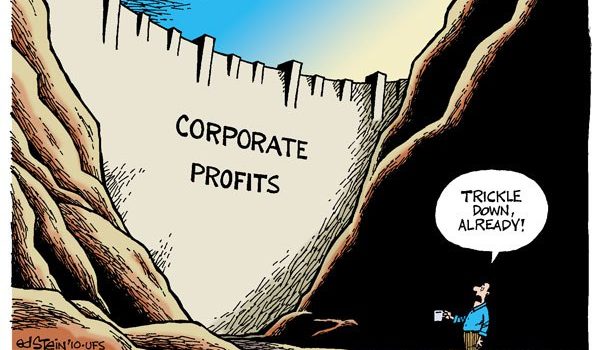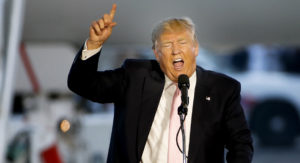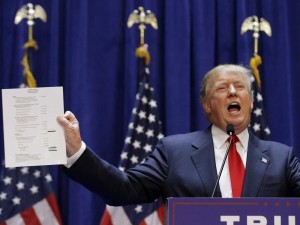 In short, no. That is, unless you’re truly fine with either a Trump or a Clinton Presidency. Here’s why.
In short, no. That is, unless you’re truly fine with either a Trump or a Clinton Presidency. Here’s why.
The appeal of a third-party vote is understandable. Neither Trump or Clinton are particularly compelling candidates. But it’s important to recognize that while voting for Gary Johnson or Jill Stein may feel good, and may be dutifully registering your protest, at the end of the day, either Trump or Clinton will still be President. This is not just a matter of resignation, but a matter of the structure of American government. Our winner-take-all approach to elections assures there will never be more than two major parties. Who those parties are may change. After all, before Republicans we had Whigs. What those parties represent may change. I’m pretty sure Lincoln’s GOP wouldn’t recognize today’s platform as the same party in anything but name. But in a twist on The Highlander, “There can be only two.” It’s fundamental to the design laid out in the Constitution. Short of changing that document, we are not, and will not be, a multi-party system like the Parliamentary forms of government found in Canada, Australia, and most of Europe.
Further, bear in mind that the best possible outcome of having a popular third-party candidate is that no one gets 270 electoral votes in November. But this means that the House now gets to elect the President from among the top three finishers. The House is presently controlled by the GOP. You do the math.
So if you believe neither party represents you, work to change one of them, or even to supplant one. But supplanting a party doesn’t start at the top. Electing a Green Party or Libertarian President provides no support for that party’s platform in the other branches of government. The Congress, the courts, the states are still all controlled by Democrats or Republicans. So even if they were to win, for Stein or Johnson to actually accomplish anything, they’d need to align with one party or other and settle for nudging that party’s platform a wee bit in their direction. Otherwise, they’d just sit out their term tilting at windmills. Until we start seeing Libertarian, Green, or other party controlled states electing that party’s people to Congress, a third-party Presidential candidate is just a show pony. It’s a target for your protest vote and nothing more.
The reality, like it or not, is there will be a President Clinton or a President Trump in January, 2017. You may have very well-founded reasons why you can’t stand either of them, but it boarders on inconceivable that you would be equally content with either outcome. There couldn’t be more daylight between the positions these two and their parties are taking in this election. If you’re truly ambivalent, then you are either too ill-informed or too apathetic to bother voting at all.
It may well be that you only care who doesn’t become President. But you care. Post your protests on Facebook and Twitter, but when you walk into that voting booth in November, make a useful decision. Suck it up. You don’t need to admit it to anyone else. It’s a secret you can take to your grave. But make a difference. Make your vote count. The stakes have never been higher.





